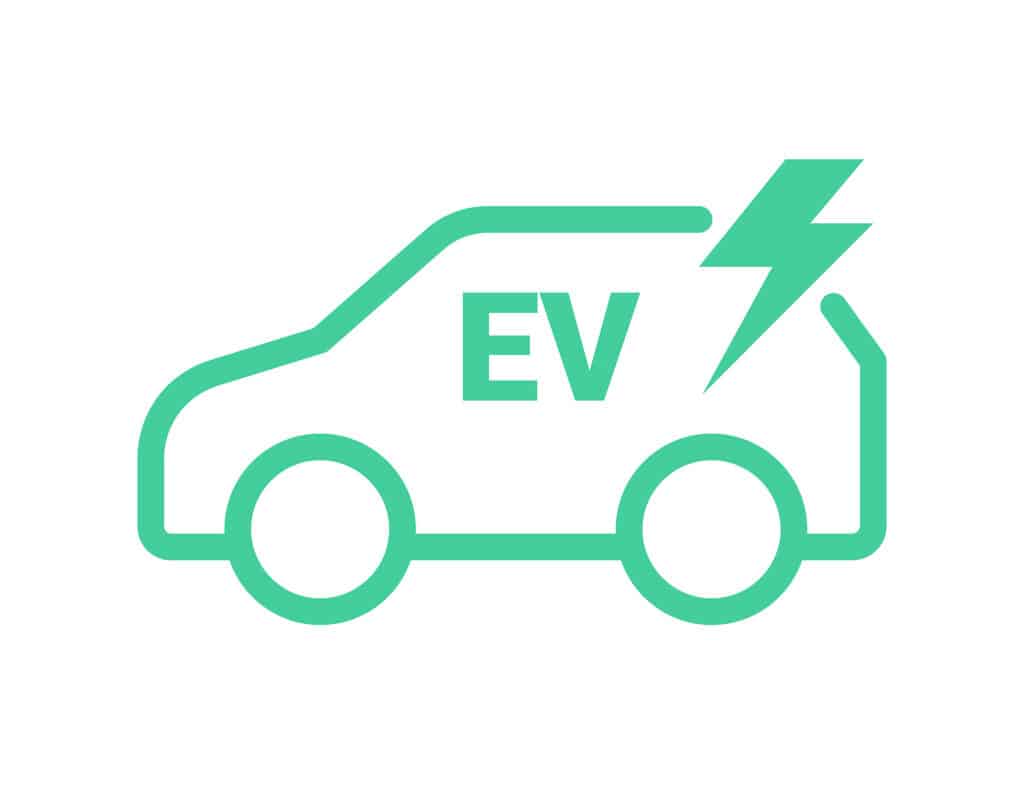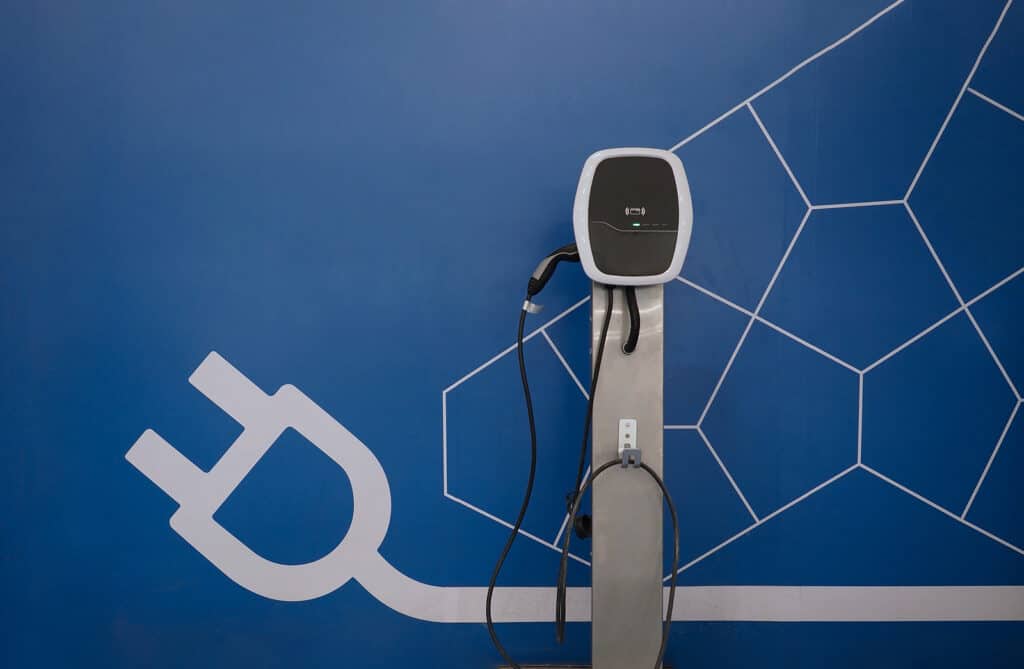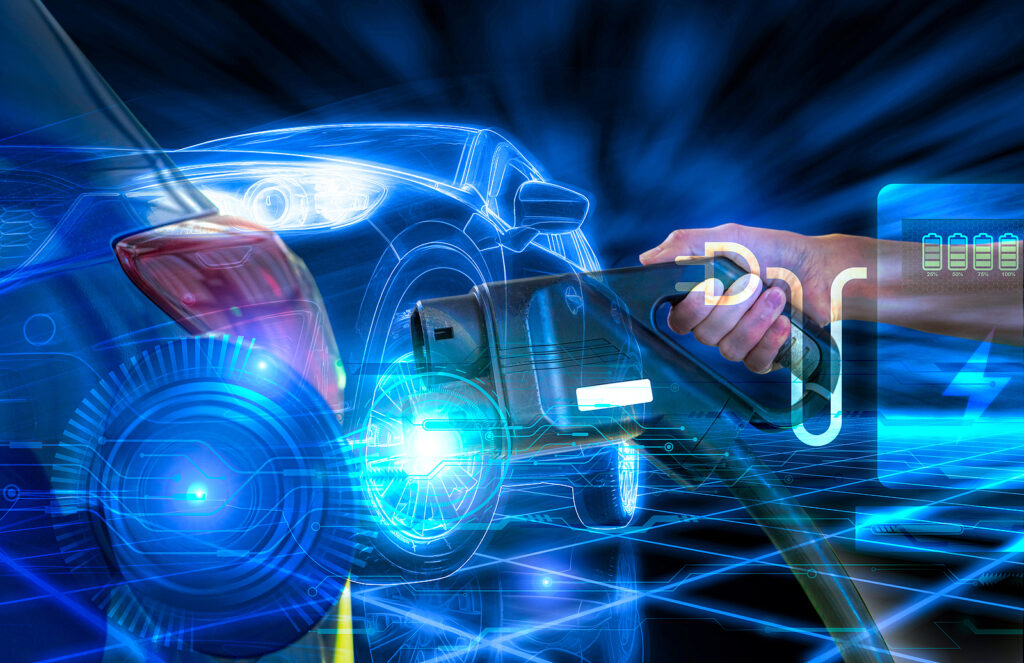Powering the Future: The Benefits of Installing a Project EV Charger at Home
The world is rapidly transitioning towards electric mobility, with more and more people opting for electric vehicles (EVs) as a greener and more sustainable alternative to gasoline-powered vehicles. However, as the number of EVs on the road increases, the need for charging infrastructure also grows.
While public charging stations are becoming more prevalent, they can be inconvenient and unreliable, particularly in areas with limited charging infrastructure. This is why many EV owners are choosing to install project EV chargers at home, allowing them to charge their vehicles quickly and conveniently. In this blog post, we will explore the benefits of installing a project EV charger at home and why it is a smart investment for the future.
What is a Project EV Charger?

Before we delve into the benefits of installing a project EV charger at home, let us first understand what it is. A project EV charger, also known as an electric vehicle supply equipment (EVSE), is a charging station that is designed specifically for electric vehicles.
It is connected to your home's electrical system and provides a safe and efficient way to charge your EV. There are two types of project EV chargers: Level 1 and Level 2.
Level 1 chargers are the simplest and most affordable option. They can be plugged into any standard 120-volt outlet, and they typically provide a charging rate of 2 to 5 miles of range per hour. This means that it can take up to 24 hours to fully charge your EV using a Level 1 charger.
Level 2 chargers, on the other hand, require a dedicated 240-volt circuit, which may require professional installation. However, they offer much faster charging speeds, providing up to 25 miles of range per hour.
This means that you can fully charge your EV in as little as 4 to 8 hours, depending on the battery size.
Benefits of Installing a Project EV Charger at Home:
Now that we understand what a project EV charger is, let us explore the benefits of installing one at home.
- Convenience: One of the biggest benefits of installing a project EV charger at home is the convenience it provides. With a home charger, you can charge your EV overnight, ensuring that you wake up every morning to a fully charged battery. This eliminates the need to stop at a public charging station during your daily commute or errands, saving you time and hassle. Moreover, you can avoid the long lines and potential wait times that are common at public charging stations.
- Cost Savings: Another significant benefit of installing a project EV charger at home is the cost savings it provides. Public charging stations typically charge a premium for their services, which can add up over time. By charging your EV at home, you can take advantage of lower electricity rates, reducing your overall cost of ownership. Moreover, with a Level 2 charger, you can charge your EV at a faster rate, allowing you to take advantage of off-peak electricity rates, which are typically lower.
- Increased Resale Value: Installing a project EV charger at home can also increase the resale value of your EV. As more people transition towards electric mobility, having a home charging station will become an increasingly important factor for potential buyers. Moreover, having a home charger ensures that your EV is always fully charged, which can give potential buyers peace of mind.
- Environmental Benefits: Switching to an EV is a great way to reduce your carbon footprint and contribute to a cleaner environment. However, it is important to note that the environmental benefits of EVs are only realized if they are charged using renewable energy sources. By installing a project EV charger at home, you can ensure that you are charging your EV using clean energy, such as solar power. This can significantly reduce your carbon footprint and help mitigate the negative effects of climate change.
- Improved Battery Life: Charging your EV at a public charging station or using a Level 1 charger can take a toll on your battery's lifespan. This is because public charging stations are often fast charging, which can degrade your battery's health over time. On the other hand, a Level 2 charger provides a slower, more controlled charge, which can help extend your battery's lifespan. Moreover, charging your EV at home ensures that your battery is not exposed to extreme weather conditions or potential theft, which can also affect its lifespan.
- Flexibility: Installing a project EV charger at home provides flexibility in terms of when and how you charge your EV. With a home charger, you can decide when to charge your EV, depending on your schedule and energy rates. This can be particularly useful if you have a variable electricity rate plan or if you want to take advantage of off-peak electricity rates. Moreover, with a home charger, you can set a timer to charge your EV at specific times, ensuring that it is fully charged when you need it.
- Increased Range: Another benefit of installing a project EV charger at home is the increased range it provides. With a Level 2 charger, you can charge your EV at a faster rate, providing you with more range per hour. This means that you can travel further on a single charge, reducing the need for frequent charging stops during long trips.
Installation Considerations:

While installing a project EV charger at home provides numerous benefits, there are some factors to consider before installation.
- Electrical Panel Capacity: Before installing a project EV charger, it is important to ensure that your home's electrical panel can handle the additional load. A Level 2 charger requires a dedicated 240-volt circuit, which may require an electrical panel upgrade or additional wiring.
- Installation Cost: The cost of installing a project EV charger can vary depending on the type of charger and the installation requirements. While Level 1 chargers are relatively inexpensive and can be installed by the homeowner, Level 2 chargers require professional installation, which can be costly.
- Permitting and Code Requirements: Installing a project EV charger may require permits and inspections from your local building department. It is important to check with your local authorities to ensure that you comply with all code and safety requirements.
Conclusion: Installing a project EV charger at home provides numerous benefits, including convenience, cost savings, increased resale value, environmental benefits, improved battery life, flexibility, and increased range. While there are some installation considerations to keep in mind, the benefits of a home charger far outweigh the costs. As the world transitions towards electric mobility, installing a project EV charger at home is a smart investment for the future.
Sources:
The Drive. (2021, March 15). Why You Should Install a Home EV Charger. Retrieved from https://www.thedrive.com/electric-cars/39357/why-you-should-install-a-home-ev-charger
Green Car Reports. (2021, February 10). Benefits of installing a home electric car charging station. Retrieved from https://www.greencarreports.com/news/1126961_benefits-of-installing-a-home-electric-car-charging-station

